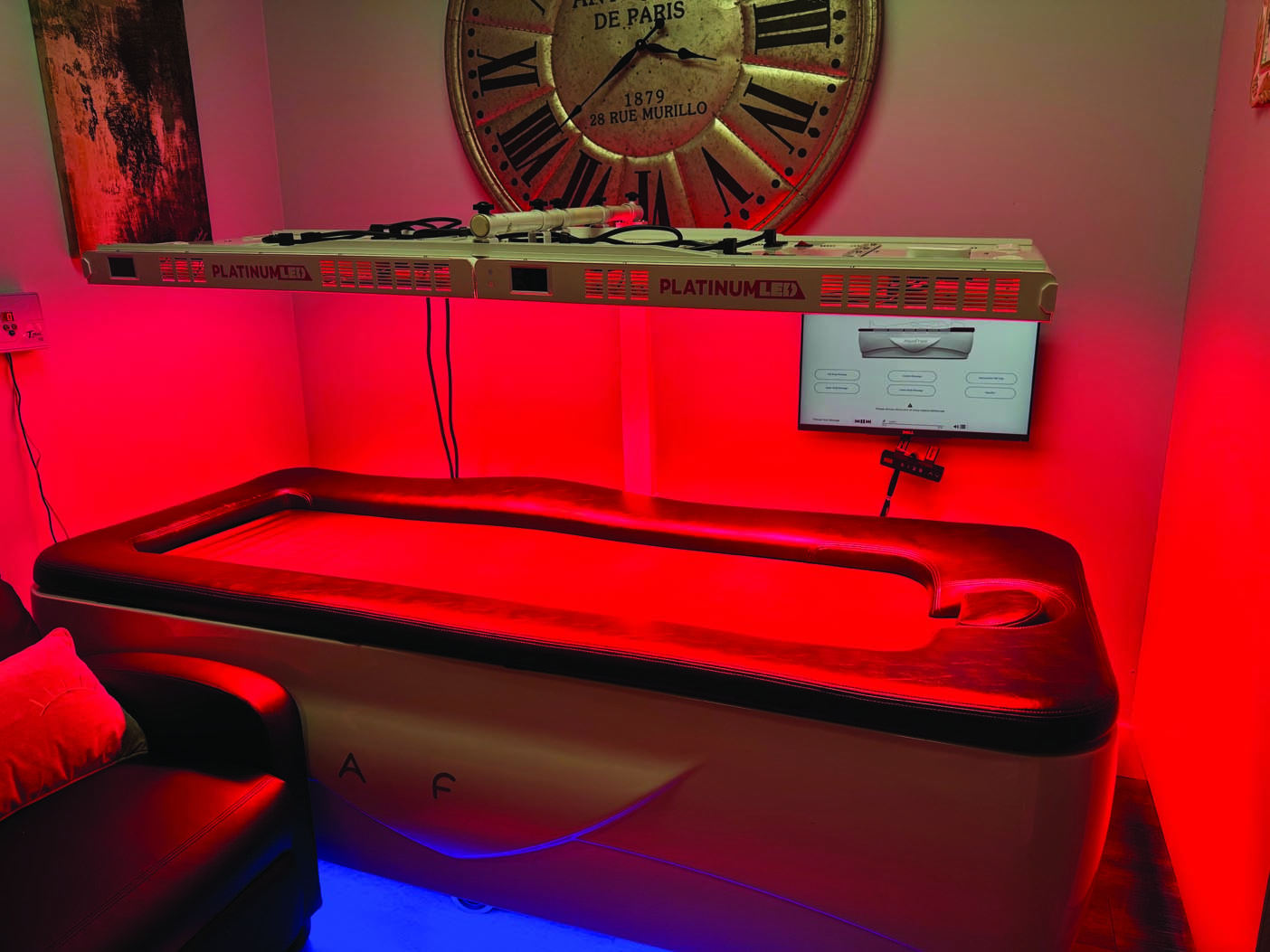Q: Why do I need property insurance for my salon if I don’t own the building?
A: While you don’t own the building where you do business, you do own the contents or property inside your space. Consider the cost of everything you would need to replace if your business suffered a total loss. Business Personal Property insurance provides coverage for items such as your equipment, furniture, building improvements and inventory. Keep in mind that your building lease agreement may also have specific requirements that make you, the tenant, responsible for components of the building, such as HVAC equipment, front glass and/or doors. Business property insurance covers your costs to replace or repair these items in the event of a loss. It’s important to look for a policy that offers Replacement Cost so depreciation is not subtracted from the payout.
Q: What is business income coverage?
A: Business income insurance provides reimbursement for any lost revenue due to a temporary interruption of normal operations stemming from physical property damage. Business income insurance also covers expenses incurred in order to keep your business operating during the period of reconstruction or repairs following a loss. Another component to Business Income coverage is Extra Expense. This is very important, since after you suffer a loss there are usually extra expenses incurred that weren’t allocated for prior to the loss. If the building you were in was devastated by a tornado, for example, you’d probably need to find another spot to rent until your space was functional again.
Q: What is an Additional Insured?
A: An Additional Insured is a person or company other than the named insured party who is protected under the policy terms. People or companies may be listed as an Additional Insured on policies in which they have a financial interest or a liability risk. Adding an Additional Insured to your policy does obligate your policy to defend the Additional Insured, so you want to be careful who you add. Remember, this is just a part of doing business; before signing a legal document, make sure you know what you’re getting into.
Q: Why does my finance company want to be listed on my policy?
A: In addition to being protected under the policy terms as an Additional Insured, your finance company may also want to be listed as a Loss Payee. In the insurance industry, the insured or the party entitled to payment is the Loss Payee. While a finance company/Loss Payee typically does not have a liability risk, it does have a financial interest in the property covered by the policy. The finance company wants to make sure they will be made whole even after a claim. They might feel bad that your salon had a fire, but you’re still going to be responsible for paying your monthly installments. Many times, when the claim occurs, the check is made out to the Named Insured and the Loss Payee.
Q: Why does my landlord require liability coverage?
A: Most lease agreements require the tenant to carry liability insurance with a specified limit of liability and usually require the tenant to add the landlord as an Additional Insured. This coverage protects you and the landlord in case a customer or visitor is injured while on your premises. If your landlord is worried about your business being properly insured, it’s something you should consider, as well. In today’s litigious society, even the best-run salon could be brought into a lawsuit.

























